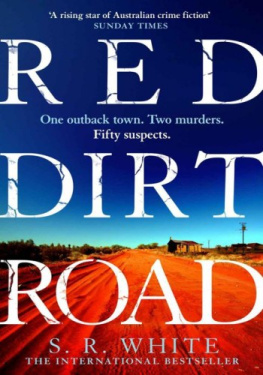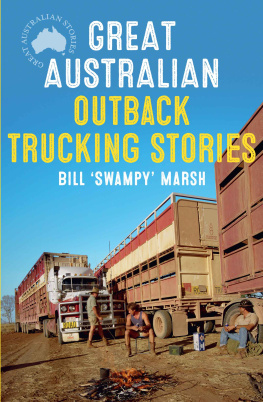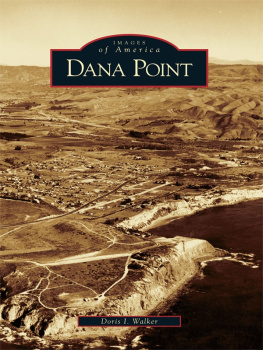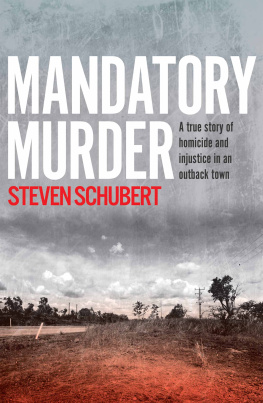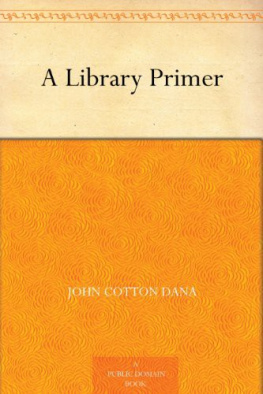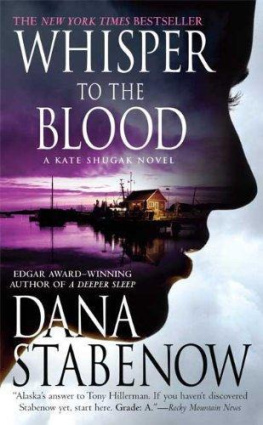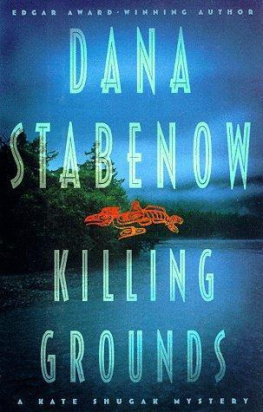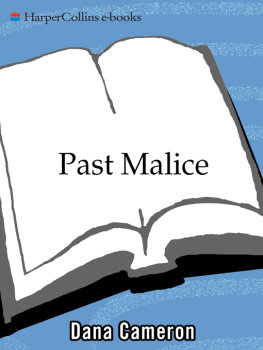Copyright 2022 S. R. White
The right of S. R. White to be identified as the Author of the Work has been asserted by him in accordance with the Copyright, Designs and Patents Act 1988.
First published in Great Britain in 2022 by
HEADLINE PUBLISHING GROUP
This Ebook edition published in Great Britain in 2022 by
HEADLINE PUBLISHING GROUP
Apart from any use permitted under UK copyright law, this publication may only be reproduced, stored, or transmitted, in any form, or by any means, with prior permission in writing of the publishers or, in the case of reprographic production, in accordance with the terms of licences issued by the Copyright Licensing Agency.
All characters in this publication apart from the obvious historical figures are fictitious and any resemblance to real persons, living or dead, is purely coincidental.
Cataloguing in Publication Data is available from the British Library
eISBN: 978 1 4722 9118 9
Images BronLiliImaging/Shutterstock, Megapixeles.es/Shutterstock and Ian Hitchcock/Shutterstock
Design by Patrick Insole.
HEADLINE PUBLISHING GROUP
An Hachette UK Company
Carmelite House
50 Victoria Embankment
London EC4Y 0DZ
www.headline.co.uk
www.hachette.co.uk
Contents
Hermit
Prisoner

S. R. White s debut novel, HERMIT, was a top ten bestseller in Australia and nominated for the Crime Writers Association award for the best crime novel by a first-time author. This was followed by the acclaimed PRISONER.
He now lives in Queensland, having worked for a UK police force for twelve years before taking an MA in Creative Writing at Nottingham Trent University.
Original, compelling and highly recommended. S. R. White is the real deal
Chris Hammer
A taut, beautifully observed slow-burner with an explosive finish
Peter May
A fascinating case
Sunday Times
It draws you in and rewards with a truly powerful ending
Heat
This slow-burn novel catches light
The Sun
A dark and compulsive read
Woman & Home

In Unamurra, a drought-scarred, one-pub town deep in the outback, two men are savagely murdered a month apart their bodies elaborately arranged like angels.
With no witnesses, no obvious motives and no apparent connections between the killings, how can lone police officer Detective Dana Russo flown in from hundreds of kilometres away possibly solve such a baffling, brutal case?
Met with silence and suspicion from locals who live by their own set of rules, Dana must take over a stalled investigation with only a week to make progress.
But with a murderer hiding in plain sight, and the parched days rapidly passing, Dana is determined to uncover the shocking secrets of this forgotten town a place where anyone could be a killer.
This book is set in October 2019, before Covid . But it was written during, and is very much formed by, the pandemic .
It is dedicated to the farmers of Australia who are, as Dana Russo points out, some of the best of us . They not only feed 25 million Australians, but also tens of millions of other people throughout the world, despite working in a land of droughts and flooding rains . Something our politicians and journalists of all political persuasions would do well to remember and respect .
October, 2019
Annie Ogden always rose at five.
In summer it gave her a couple of hours respite before the real heat arrived: a slice of cool serenity when she could move without feeling scorched. In winter the calm, crisp air was sharp on the tongue; the half-light held a peace that eroded as hours drifted by. In an ocean of scrub and stoicism, this time was her harbour.
Shed been up half the night and had a muffled, cotton-wool head that she knew would last until lunchtime. Her grandmother had raised five kids, working from dawn to midnight with three part-time jobs and six mouths to feed, but shed always said it never felt like work. Her whole life had gone into it the actual work was so sublimated into everything else that she never felt the difference. Annie was the same about her life here: it was so intertwined with work that there was no border to cross.
Behind the pub, nestled between empty metal barrels and the pallets holding up a waning fence, an upturned tea chest and, right now, a mug of coffee. Not the standard dross she sold to punters but the good stuff she gifted herself, cold-dripped overnight in her own kitchen. The steam from the cup rose dead vertical, headed for a purple sky fringed by primrose yellow.
She was used to the vista in the east, saw it every morning. Three stained metal chimneys, yet to pulse with smoke from wood-burners, signalled the one-storey mid-sets that dotted Ransome Street, the empty blocks between them like the wounds from pulled teeth. To the right were four gum trees, holding on through the drought with Unamurras gritty, instinctive determination. In the evening the white bark held the rays of the setting sun and seemed ablaze; at dawn the trees were jet-black silhouettes. To the right of that were
To the right of that, something was different. New.
Seeping above the fence was a low, chilling black line. It ran in two gentle curves, split by a round shape the size of a football. It had never been there before, not in fourteen years of sunrise coffee and knock-off cigarettes.
She stood and had padded across to the fence before she thought. The sound of a nearby engine didnt reach her. Up onto a plastic crate, she could see beyond the fence into the back scrub and fully appreciate what stood before her. What had been draped, shaped, created curated .
The metal frame was familiar: a basketball post gone wrong, large feet splayed for stability, arms reaching forward and up to support. Like dozens all over town. But this was different. Someone had stolen what should be there and left a hideous replacement.
Her husband was arranged in a swooping, drifting pose. He was veering in from above, poised to strike. He was splayed, desperate and bereft. He was just like the other one, a few weeks ago.
Tim Ogden was cold, sightless and quite, quite dead.
Russo.
The instruction to come in was, as usual, a clipped bark.
Dana entered the office of Anton McCullough, her boss and district commander, as infrequently as she could manage. This suited them both. At no point did McCullough ever walk to the detectives offices and he handled almost everything with an avalanche of curt emails. Her admin officer, Lucy, received no direct communication whatsoever from McCullough: any orders were passed through a channel of go-betweens, as if they all worked in 1960s East Berlin. Lucy had predicted that soon she would get instructions hidden inside a fake rock by a park bench. Danas colleague Mike was better served, being compelled on a weekly basis to provide a departmental update. Hed offered to let someone else do it, but theyd all declared themselves too busy for the next seventy years.
Priorities were set by one mans whim. The districts management board was now moribund: McCullough wasnt interested in collegiate decision-making and simply gave out personal instructions without consultation or discussion. Any meetings were one to one, in his office. There was little doubt that he viewed this as decisive leadership, taking command of what he saw as a loose ship. He expected backing from a workforce that understood the necessary command structure of policing, but his lack of consultation meant that he had no idea how it was viewed. Someone had labelled him the edict eejit . It might have been Lucy.
Next page
